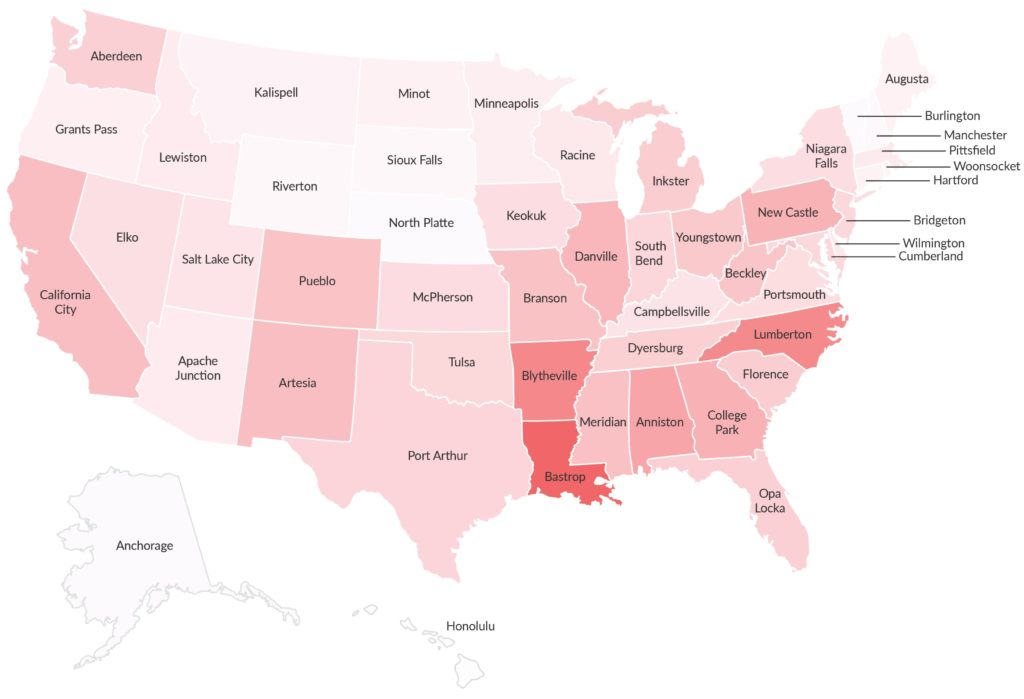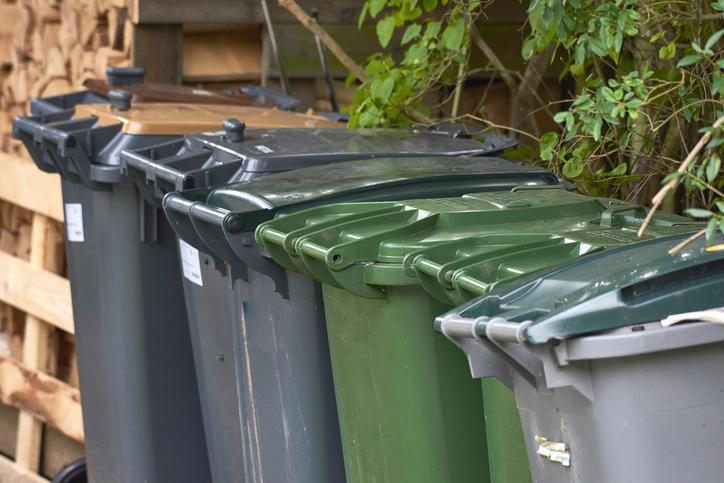Natural disasters often unite a community, but these disasters can also make towns vulnerable to crime. While citizens salvage their possessions, rebuild their lives and aid their neighbors, burglars often capitalize on their misfortune. Hurricane Sandy’s ravage of the northeast is the latest example of how burglars have no reservations about taking advantage of a community in disarray.
According to police detectives in Narragansett, Rhode Island, three men were charged with committing ten burglaries in the town during, and in the aftermath of, Hurricane Sandy. All three men live just a short drive from Narragansett. For most of us, this is an act nearly impossible to comprehend.
Sadly, burglary often increases just after a natural disasters and Hurricane Sandy was no exception. According to The Huffington Post, overall crime in New York City (an area hit hard by Sandy) decreased almost 30 percent in the week following the storm’s pounding when compared to the same time last year. Murder dropped by 86 percent, rape by 41 percent, robbery by 21 percent, assault by 19 percent, and car thefts by 20 percent. But burglaries bucked the downward trend, increasing by 6 percent during the same time frame.
Burglaries that occur in the aftermath of a natural disaster are often viewed as “crimes of opportunity.” Crimes of opportunity are those that take place without prior planning. The would-be burglar spots an easy target, such as a house hastily vacated during the storm, and decides he can’t pass up the opportunity.
The trio charged for the Narragansett burglaries recognized that Sandy offered an ideal chance to burglarize homes and they didn’t need to work hard at it. Police report that many of the homes were accessed through doors and windows that were left unlocked. They simply walked or crawled in and helped themselves to jewelry, cash and video games.
The good news is, most crimes of opportunity and most burglaries, are preventable. Lock doors and windows, and if a storm renders your home unsecure or inhabitable, take valuables with you when you vacate and ask trustworthy neighbors to keep a watch out for unusual activity if they’re sticking around.
Beware: Scammers Can be Just as Ruthless as Burglars
Be aware that in the days and weeks after a natural disaster, groups of ruthless scammers often canvass neighborhoods touting roof replacement and general home repair. According to a Reuters article posted just after Sandy hit, John Breyault, Vice President of the National Consumers League said, “All too often, [repair scammers] simply take the deposit and run, or take the payment and do purposefully shoddy work that may leave consumers’ properties in even worse shape than when they started.”
Using a local company, even if it takes longer for the repairs to be completed, may be the best decision in the long run.
Secure Your Belongings and Protect Yourself
Print an inventory form the web, get one from your insurance company, or make use of inventory software; no matter how you do it, create a detailed inventory of your important belongings. Note serial numbers, and other identifying marks that can help police locate your items if they are stolen. When possible attach receipts and warranties, and photograph each item. If you need to file a claim with your insurance company, this information will ease the process.
Most of us intuitively reach out to help our neighbors during their time of need. We offer an open door and home protection is not at the forefront of our minds. But the burglaries that occurred during Sandy remind us that we must remain vigilant about home security, especially in the wake of a natural disaster.
Photo courtesy of David Shankbone


